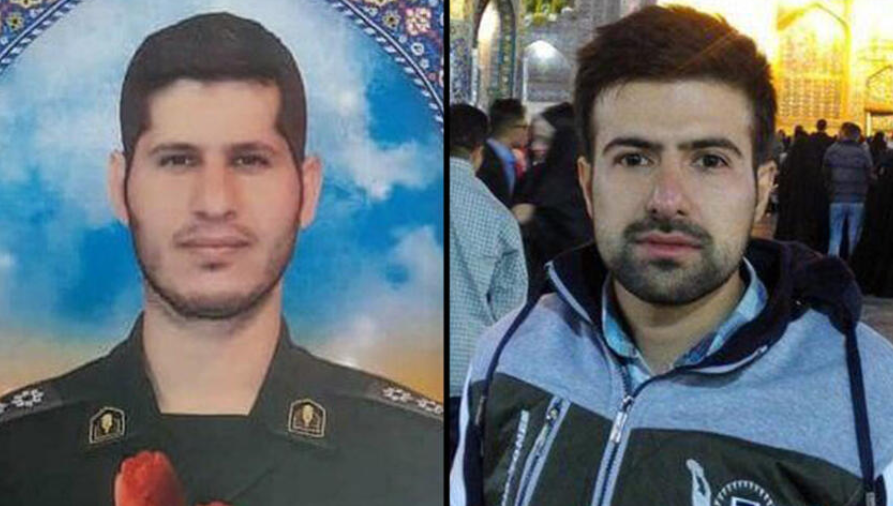
The Financial Action Task Force (FATF) is an inter-governmental entity that promotes international anti-money laundering (AML) efforts and counter-terrorism financing (CFT) standards. Iran engaged the FATF in 2008 for the first time and indicated that it would implement the standards.
Since then, it has made no significant progress.
During the last phase of sanctions against Iran, when the banking sector was disconnected from the global financial system, the country was put on the FATF blacklist.
Following implementation of the Joint Comprehensive Plan of Action (JCPOA), however, Iran presented an action plan to FATF in June 2016 to ensure the passage and implementation within 18 months of four pieces of legislation addressing transparency and compliance with international banking standards.
Appreciating the political obstacles facing Iran, in its 2018 meetings the FATF extended the deadline twice.
The new deadline is mid-February. It is evident that failure to implement what Iranian officials included in their own action plan more than two years ago would erode the confidence of countries and banks that wish to continue dealing with Iran despite the re-imposition of US sanctions. It would also hobble the potential operation of a European Special Purpose Vehicle (SPV) to process transactions related to Iranian trade.
Pushing for passage
Over the past 12 months, the Iranian government has been engaged in tense domestic bargaining to get the laws enacted.
In June 2018, Supreme Leader Ayatollah Ali Khamenei intervened, instructed the Majles (Iranian Parliament) to produce its own version of the legislation and to refrain from copying every aspect of the drafts proposed by FATF.
This is what parliamentarians did. Majles Deputy Speaker Ali Pezeshkian also stated explicitly that the country needed an anti-money laundering law, no matter what the requirements of international conventions.
Consequently, parliamentarians drafted and passed the needed pieces of legislation. These have since faced challenges in the Guardian Council (GC), which has objected to an array of technical and political issues, especially with respect to Iran ceding control to foreign entities.
Who wants to stop it?
Essentially, the issue has become a political football. Hardliners argue that FATF-related laws and regulations are Western instruments to weaken Iranian sovereignty in financial transactions, especially in stopping transactions concerning groups such as Lebanon’s Hizbullah.
Nonetheless, the primary interest of the hardline groups is political; they wish to undermine the President Hassan Rohani’s administration and block the possibility of an operational European SPV.
Others — especially business networks that have been engaged in actual money laundering — wish to continue their own illegal operations.
In the meantime, the bills have all been referred to the Expediency Council (EC), which is in charge of mediating between the Majles and the GC.
Select the link here to receive your free Iran Strategic Focus sample.



